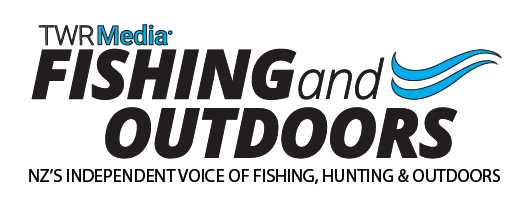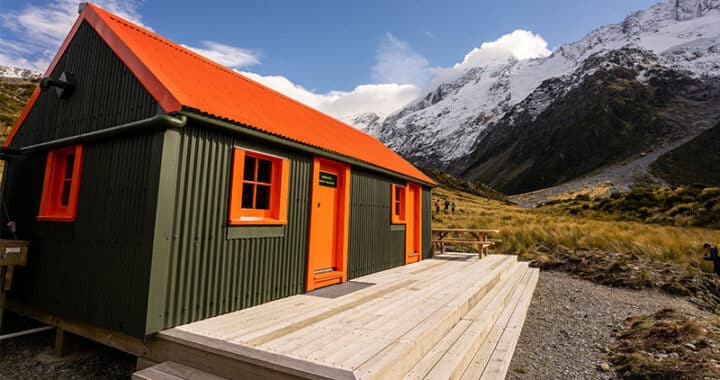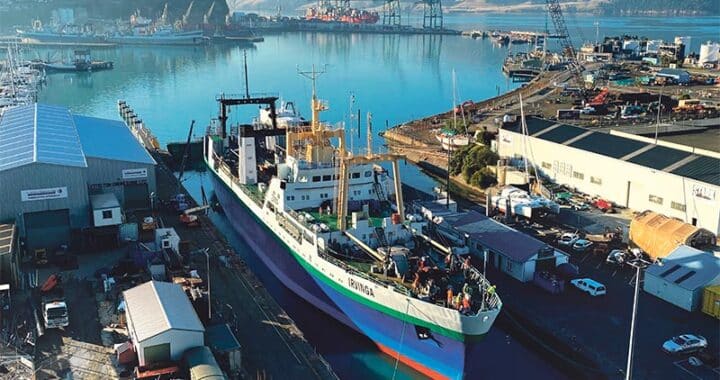Stunning image of mallard featured on Game Bird Habitat collector’s stamp
2 min read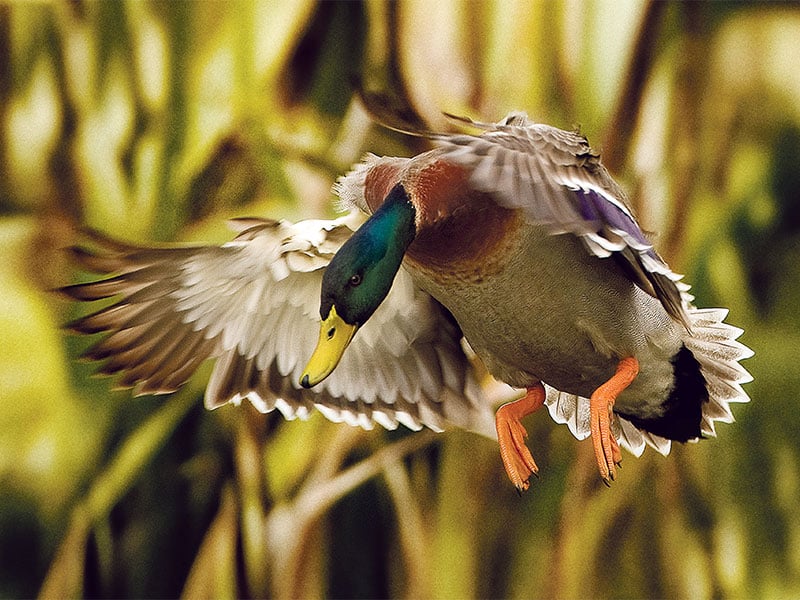
The winning image. Photo: Supplied
An image of a mallard drake in flight, captured by Northland photographer David Towgood, has been selected as the image for the 2024 Game Bird Habitat collector’s stamp.
The stamp, a coveted item among hunters and wildlife enthusiasts, represents the 31st anniversary of the stamp programme’s inception. Towgood’s winning image, taken at Riponui, north of the Hikurangi swamp, earned him a $1000 prize and a $1000 Killwell voucher.
Each year, $5 from every game bird hunting licence goes to the New Zealand Game Bird Habitat Trust (GBHT), which helps fund the development and enhancement of habitat for the benefit of game birds and other wildlife. The trust recommends to the NZ Fish and Game Council a different game bird image for the stamp each year.
The stamp is free on request to all licenced hunters and is also available for sale to the public.
Since its introduction, the Habitat Stamp programme has raised more than $2.5 million for conservation projects on both public and private land, said Andy Tannock, chair of the Game Bird Habitat Trust.
“Hunters continue to contribute millions of dollars and thousands of volunteer hours to wildlife conservation throughout New Zealand.
The trust’s funding for projects enables about 30 hectares of land a year to be restored or protected, with a particular focus on wetlands.
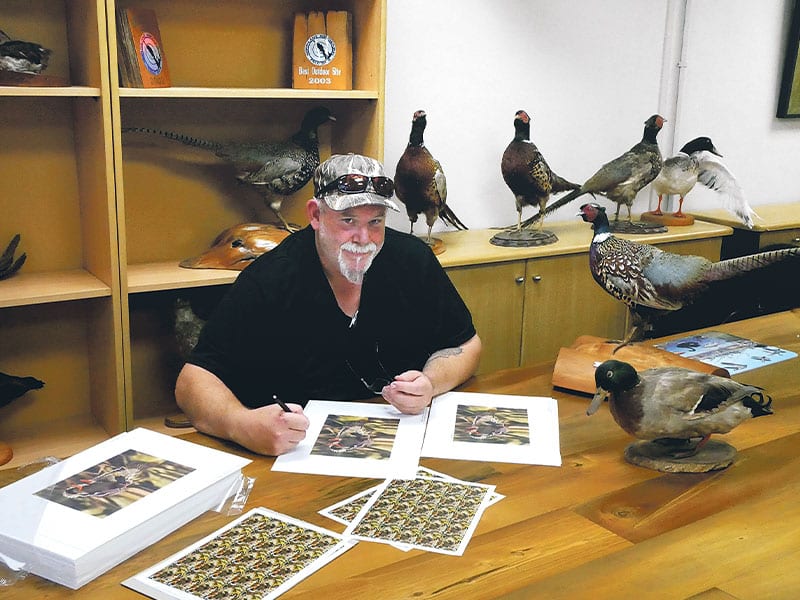
“The trust is working with wider community interests in implementing wetland management and restoration plans involving large and small projects across New Zealand. This has included major projects like the Para Wetland near Blenheim, Takitakitoa near Dunedin, the JK Donald Wetland on the northeastern edge of Lake Wairarapa, and the Underwood Wetland near Dargaville.”
Towgood said he was delighted to win the award.
“I’m honoured to be selected as the winner. I’ve been a game bird hunter for over 40 years and really value the work the GBHT does in protecting and restoring wetlands”.
Corina Jordan, chief executive of Fish & Game New Zealand, said the organisation is proud to support the trust and its work.
Regional Fish and Game field staff provide advice to landowners on proposed projects and act as referees for their consideration by the trust, while the national office of Fish and Game provides administrative support to the trust.
“New Zealand continues to lose wetlands with an estimated only nine percent remaining, so the contribution of hunters to the trust and its programmes is critical. The trust plays a key role in Fish & Game’s mission to protect, restore, and rewild Aotearoa New Zealand’s natural freshwater habitats and species.”
The GBHT operates as an independent charitable entity. The Minister appoints its board members, who as passionate volunteers, provide expert oversight for the grant application process.
Applications for grants towards habitat development or enhancement can be made up until 30 June each year.
For further details and an application form, visit the GBHT page on fishandgame.org.nz.
